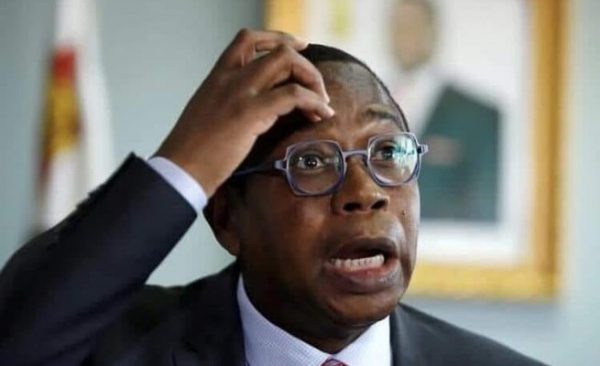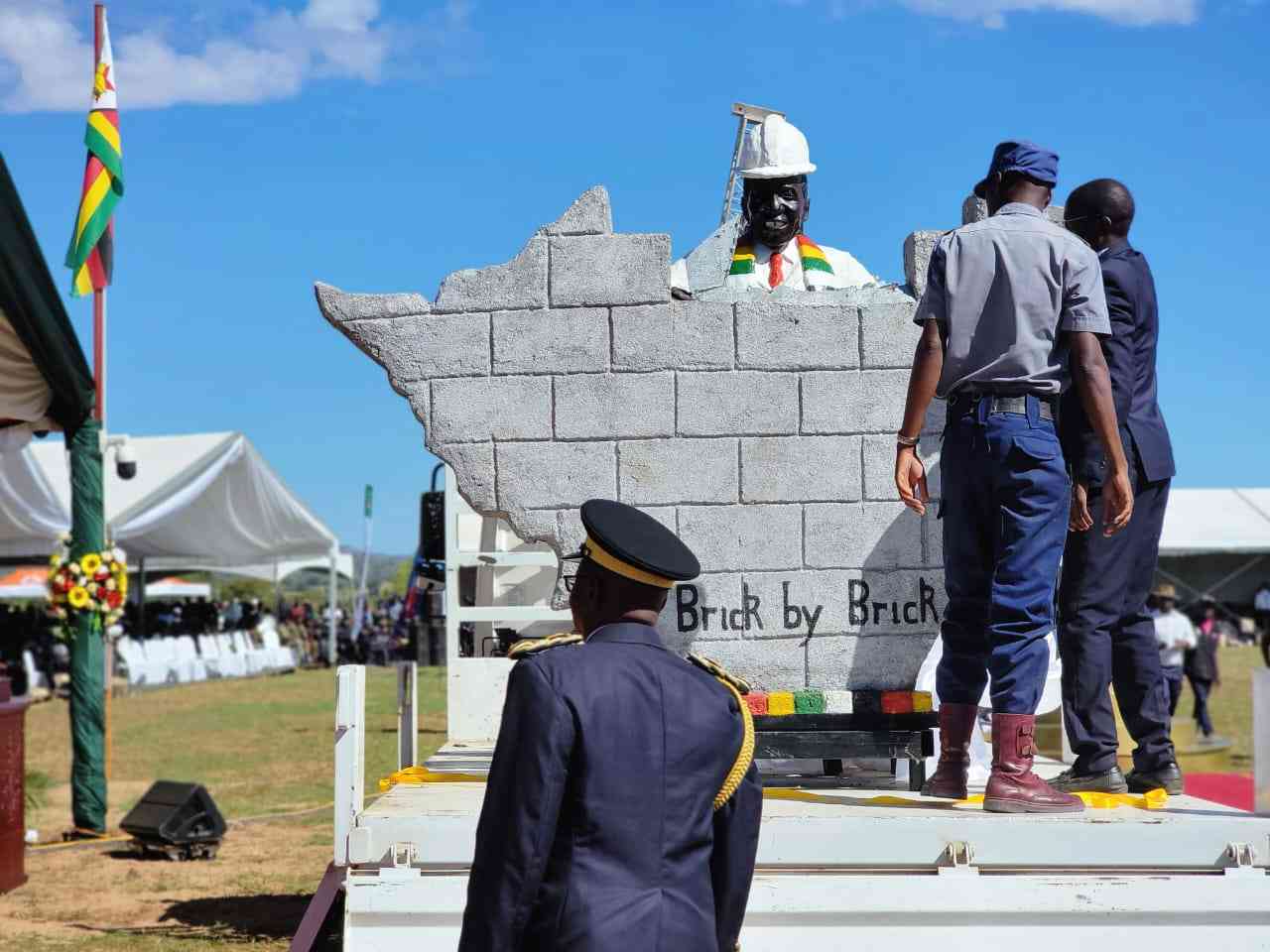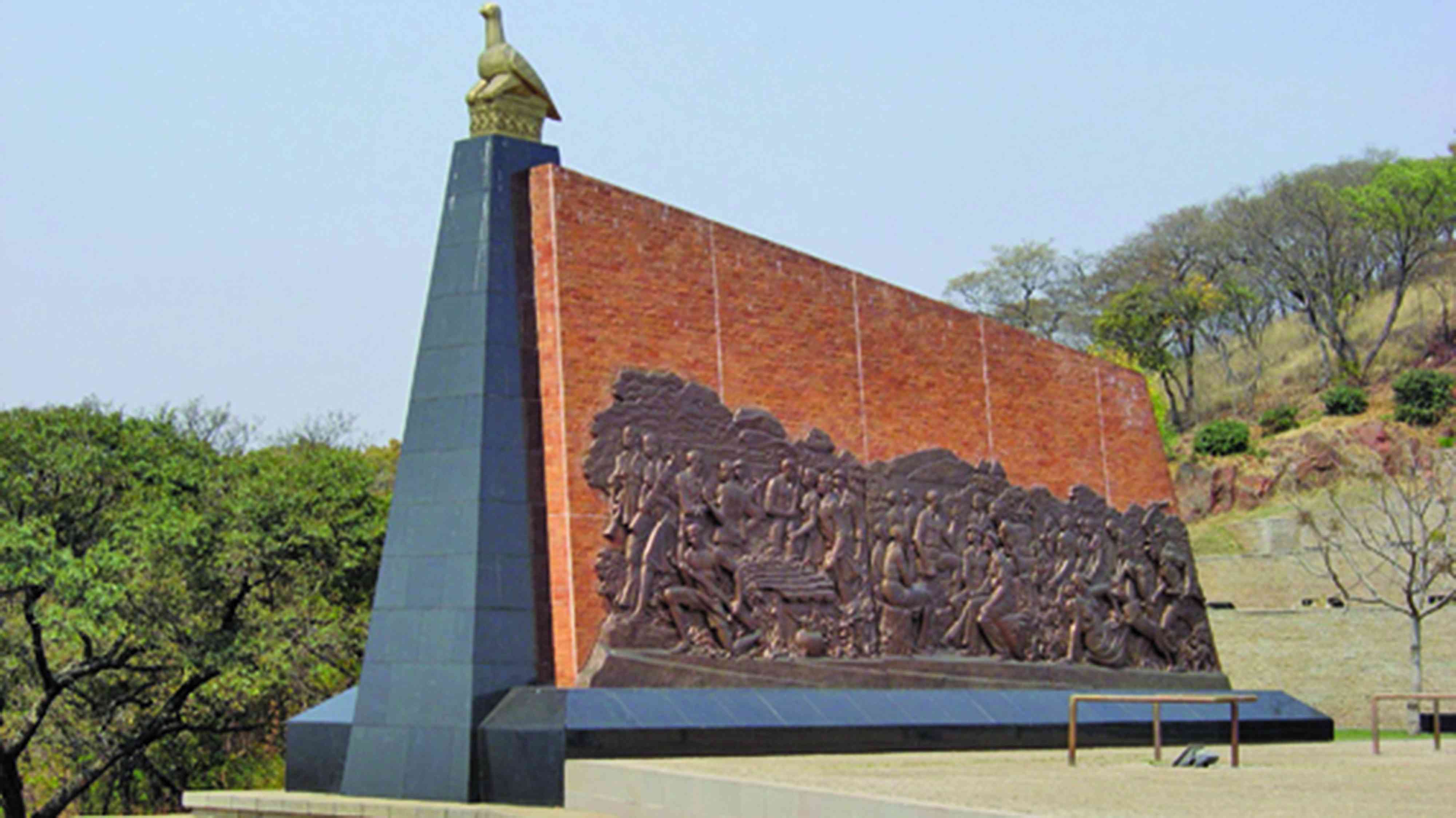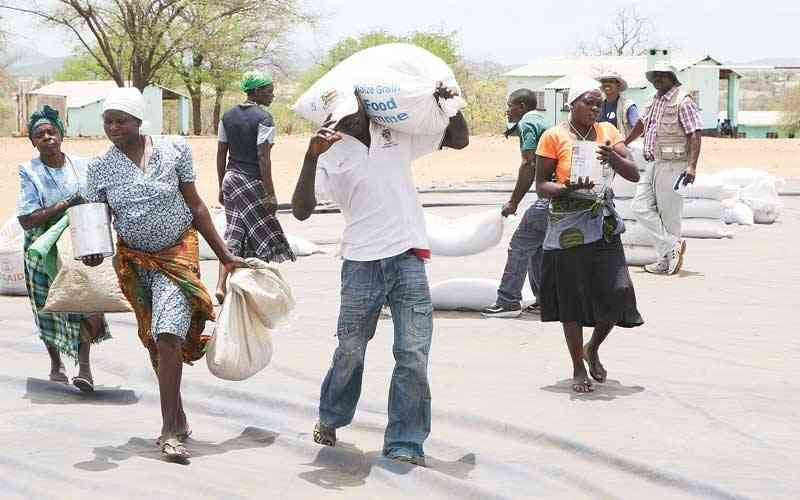
GOVERNMENT last week said it would recruit 10 000 more teachers to fill the skills gap in the education sector.
But teachers’ unions have argued that this figure is a drop in the ocean, given the current enrolment.
According to Finance minister Mthuli Ncube, Zimbabwe has an estimated 136 000 teachers, with a teacher-pupil ratio of 1:70, which is way too high.
This is why teachers unions are estimating that Zimbabwe requires up to 90 000 more teachers, a massive number given the struggles government has had in paying the current number.
Teacher shortage in Zimbabwe is real, large and growing, and worse than we thought.
When indicators of teacher quality such as certification, relevant training and experience, among other barometers are taken into account, the shortage is even more acute than currently estimated.
Teachers have been leaving en masse in search of better paying jobs in other countries. Some quit to engage in informal trading activities to survive.
Teachers are demanding pre-October 2018 US$540 salary and upwards, but their employer continues to plead incapacity while spending large sums on chefs’ luxuries. This has led to mass teacher exodus that is now bedevilling the education system.
- Chamisa under fire over US$120K donation
- Mavhunga puts DeMbare into Chibuku quarterfinals
- Pension funds bet on Cabora Bassa oilfields
- Councils defy govt fire tender directive
Keep Reading
A shortage of teachers harms students and the public education system as a whole.
Lack of qualified teachers and staff instability threaten students’ ability to learn and reduce teacher effectiveness, and a high teacher turnover consumes economic resources that could be better deployed elsewhere.
The teacher shortage makes it more difficult to build a solid reputation for the teaching profession and to professionalise it, which further perpetuates the shortage.
In addition, the fact that the shortage is affecting students of poor socioeconomic backgrounds challenges government’s goal of providing sound education equitably to all children.
Under the circumstances, government has no option, but to decisively deal with the working conditions and other factors that are prompting teachers to quit and dissuading people from entering the profession, thus making it harder for some districts to attract and retain highly qualified teachers.
In addition to tackling the issue of salaries, and attending to other basic needs, government must provide extra support and funding to rural schools, where teacher shortages are prevalent.
If left unchecked, all gains made in the education sector in the country since independence will go down the drain.











